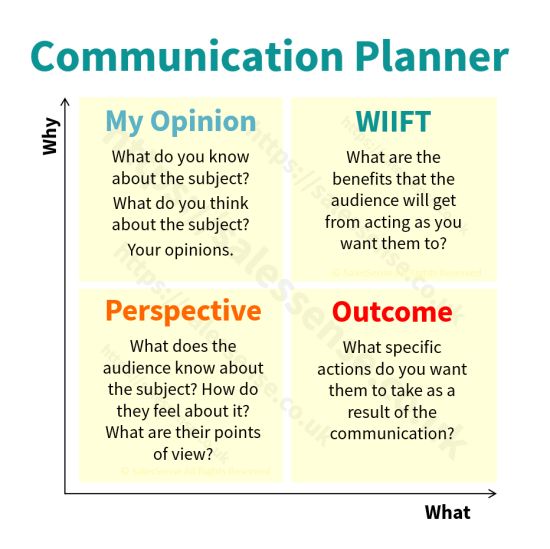On-the-job actions for reading and projecting non-verbal signals while developing mentalist skills.

Use the workplace actions below to increase sales effectiveness while improving mentalist skills:
- Creating a great first impression.
- Improving nonverbal communication.
- Faster rapport, trust, and alignment.
Take these actions to create better first impressions:
Ask at least five people who are in senior positions for advice on making a good first impression. Use these questions:
When people make a good first impression with you, what is it that sets them apart from others?
What advice would you offer salespeople to help them improve the first impression they make on customers?
Make notes on what you learn to set it in your memory.
Use Google and the internet to learn about the person's interests and passions in advance.
When you meet, acknowledge their interests and if you genuinely share them, indicate their significance to you. People tend to like those who are around when they are thinking about things they find interesting.
Arrange to have people you will meet read or learn something positive about you beforehand.
Invite them to view your LinkedIn profile.
Share something that you have written about something they care about.
Invite them to share their agenda with you in advance.
Include a brief two to three sentence biography, tailored for the person you will meet.
When you meet people for the first time, smile. Show that you like them.
Prepare a few words to demonstrate respect, interest, and admiration for them as a person. Cause them to feel good about themselves.
These articles offer further ideas:
Take these actions to improve mentalist skills:
In any conversation, practice noticing small details about people's dress, posture, stance, gestures, demeanour, breathing, skin, eyes, and facial expressions. Include how they sound in terms of pace, tone, intonation, emphasis, and volume.
Soon afterwards, find a few quiet moments to reflect on what you learned from your observations. If you do this daily, you will continually strengthen your sensory acuity.
Before every important conversation, make a short list of what you need to find out.
This can be the same list you use to develop better listening skills and questioning skills. Include the things you would like to know about the person you will be meeting, such as likes and dislikes, influence within their organisation, personal interests, thinking style, decision-making, and personality characteristics.
Make your short list of desired insights and then memorise it. When you are in the meeting, recall your list. Your mind will automatically observe clues that will guide your intuition. You will automatically pay attention to nonverbal signals that confirm or contradict what you hear.
After important meetings, find a few moments to make notes on your intuitions.
If others from your organisation were present, seek them out to learn about their perceptions to cross-check your own conclusions.
These articles offer further ideas:
- Selling is a Mind Game
- Body Language and The Book of Tells - Review
- Fifteen Ways to Improve Mind Reading Ability
Take these actions to develop rapport, trust, and alignment faster:
Find someone who speaks much more slowly than you do and strike up a conversation for practice.
Make yourself speak at his or her pace. Match his or her pitch, tone, volume, and intonation as well as pace.
Do this as many times as necessary to feel comfortable slowing your pace.
Find someone who speaks much faster than you do and strike up a conversation for practice.
Make yourself speak at his or her pace. Match his or her pitch, tone, volume, and intonation as well as pace.
Do this as many times as necessary to feel comfortable speeding up your pace.
In all important conversations adjust the pace of your speech to match the person you are speaking with.
Match their pitch, tone, volume, and intonation as well as pace.
In casual face-to-face conversations, mirror the other person's posture, limb positions, eye contact, breathing, and gestures for practice.
Experiment by exaggerating your mirroring to see if it is noticed.
After each conversation, rate your level of rapport out of ten.
If the other person seemed to enjoy the interaction more, heard more of what you said, or otherwise demonstrated a positive response, you should score the rapport level high. If the opposite was true, score it low.
By increasing your awareness of the rapport you are achieving, seek to increase it on purpose.
These articles offer further ideas:
Get the entire collection of over 100 hyperlinked on-the-job sales skills development actions together with our sales skills assessment in a neat indexed PDF document.
If you need to learn mentalist skills or improve interpersonal communication, we can help. Telephone +44 (0)1392 851500. We will be pleased to discuss your needs or talk through some options. Alternatively, send email to custserv@salessense.co.uk for a prompt reply or use the contact form here.












